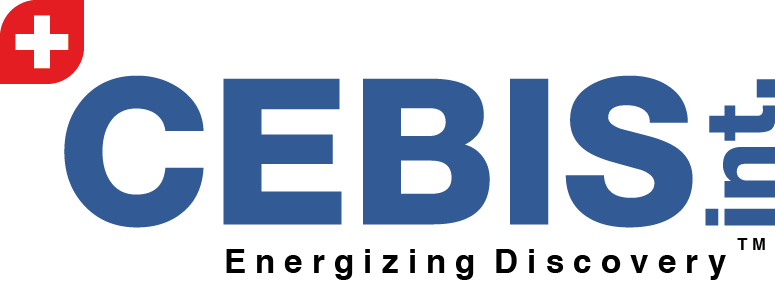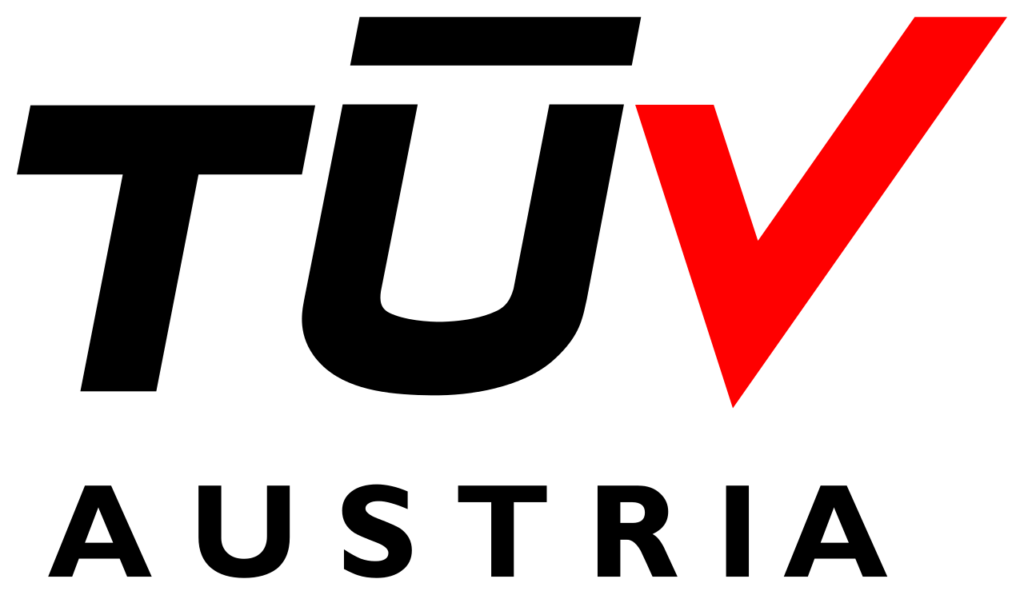Programs that assist people comply to the instructions that come with their prescriptions are called medication adherence programs or patient adherence programs.
A common component of these programs is teaching patients about the significance of taking their drugs in the correct manner and giving support in order to guarantee adherence.
They can also include the use of reminders or other technologies (for example, pill boxes or applications for smart phones) to assist individuals in keeping track of their medication schedule and remembering to take their drugs on a consistent basis.
According to research, these kinds of programs help people have better results by assisting them in better managing their diseases and reducing the expenditures associated with medicine. In the long run, this results in healthier populations and lower overall expenses associated with health care. In addition, these programs may be altered to meet the requirements and interests of each individual participant, making them more useful for a wide range of people.
Medication adherence programs, in general, are an important component in the process of enhancing health outcomes and lowering overall health risks.

01
02
03
04
Facilitate equitable access to prevention and screening activities by addressing geographic, financial, or logistical challenges as prevention and early detection offer the best chance of beating diseases and saving lives.
Follow thru and follow up
on identified patients.
Adherence to the
healthcare professionals'
recommendations.
Provide a broad range of
coordinated support
services for patients and
the loved ones who care
for them.
According to the reports of the World Health Organization, over 70% of healthcare providers do not actively monitor their patients’ adherence.
“Increasing the effectiveness of adherence interventions may have a far greater impact on the health of the population than any improvement in specific medical treatments.”
Reference: Adherence to Long Term Therapies, Evidence for Action
€125 billion lost each year across Europe due to non-adherence to medication
Reference: The International Longevity Centre-UK (ILC) Report, Doctor’s orders: Why adherence is critical to improving health outcomes across the life course

ISO 27001:2013 – Management Systems for Information Security appliable for all CEBIS divisions.
ISO 13485:2016 – QMS for Medical Devices.
ISO 22301:2020 – Security and resilience — Business continuity management systems appliable for all CEBIS divisions.
ISO 45001:2018 – Occupational health and safety management systems appliable for all CEBIS divisions.
ISO 9001:2015 – Quality management systems appliable for all CEBIS divisions.
ISO 14001:2015 – Environmental management systems appliable for all CEBIS divisions.
ISO 27017:2015 – Information technology — Security techniques — Code of practice for information security controls based on ISO/IEC 27002 for cloud services.
ISO 27018:2015 – Information technology — Security techniques — Code of practice for protection of personally identifiable information (PII) in public clouds acting as PII processors.
Following through on our commitment to address customers' needs we achieve excellence, being recognized by patients and other stakeholders as the company offering high quality services.
“A reliable partner delivering comprehensive services with expertise, efficiency, and integrity”
Head of Clinical Operations, ROCHE
“Scientific expertise and experience to provide the highest quality in the pharmaceutical research field“
Scientific Medical Advisor, BRISTOL-MYERS SQUIBB
Even if you are still in the planning stages of your project, you are more than welcome to submit a request to us. We can assist you with a quotation or create a proposal for you based on the minimum of information you can provide.
Follow us
CEBIS Interantional
Romania- Helios Business Center (HBC),
47 Bd. Theodor Pallady,
Bucharest, Romania